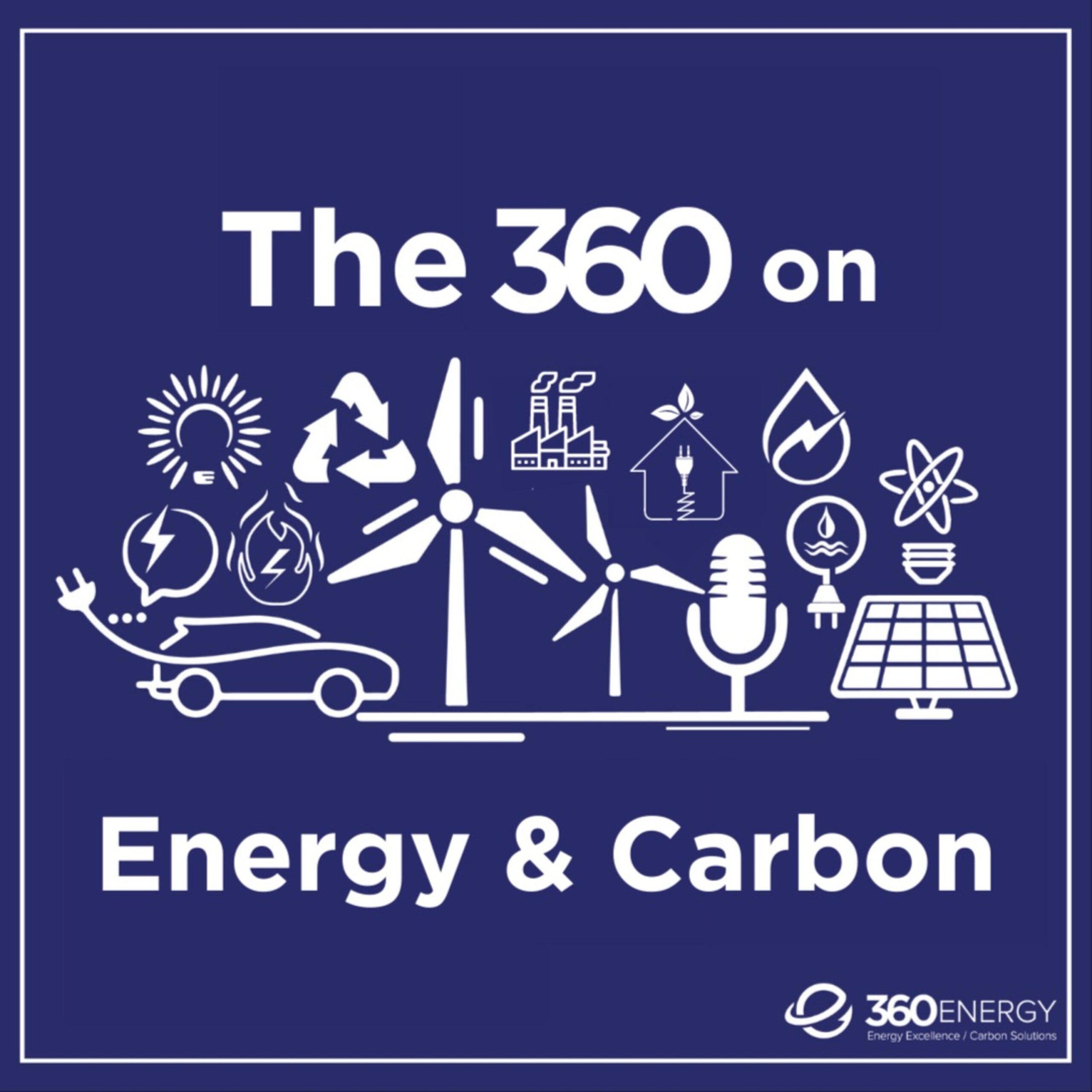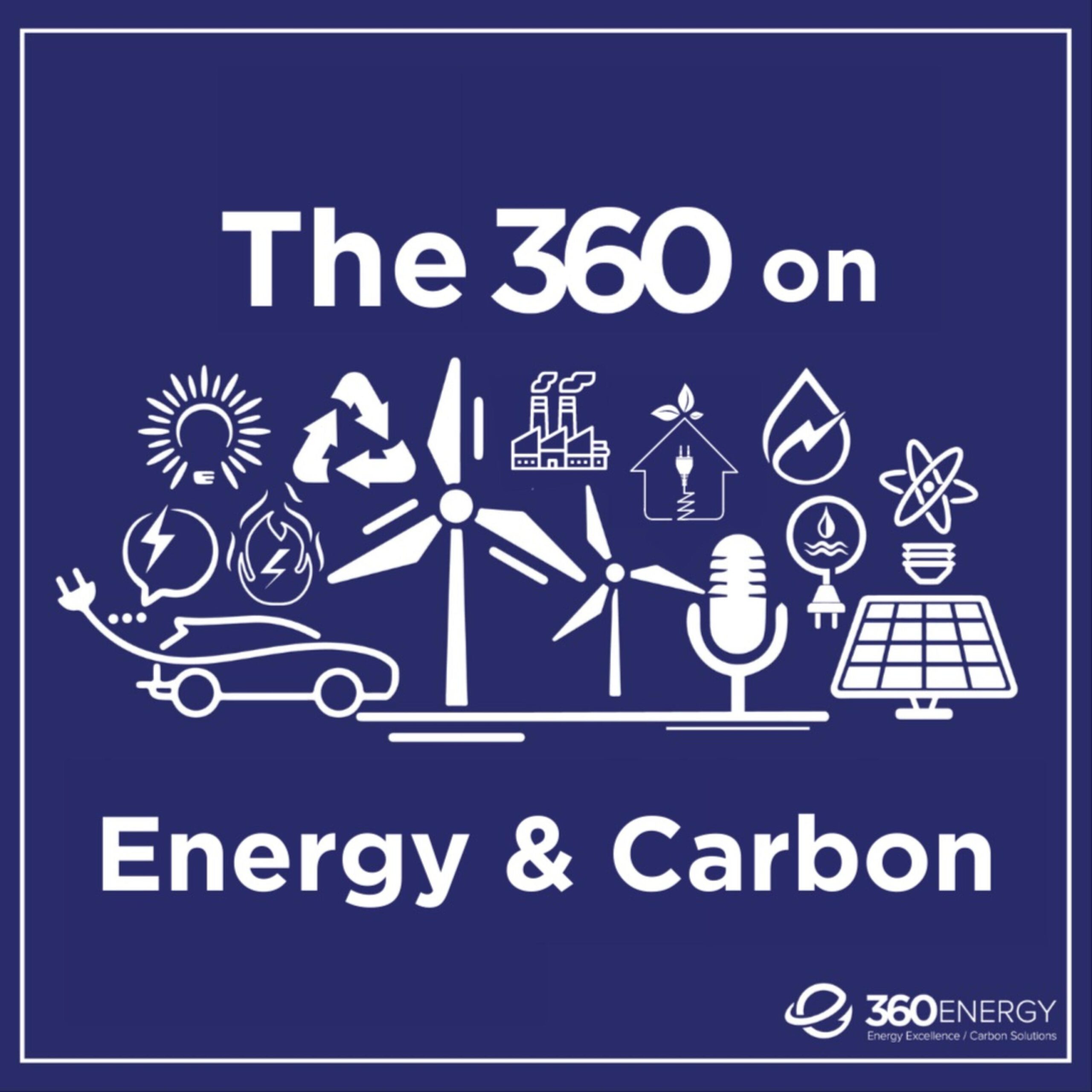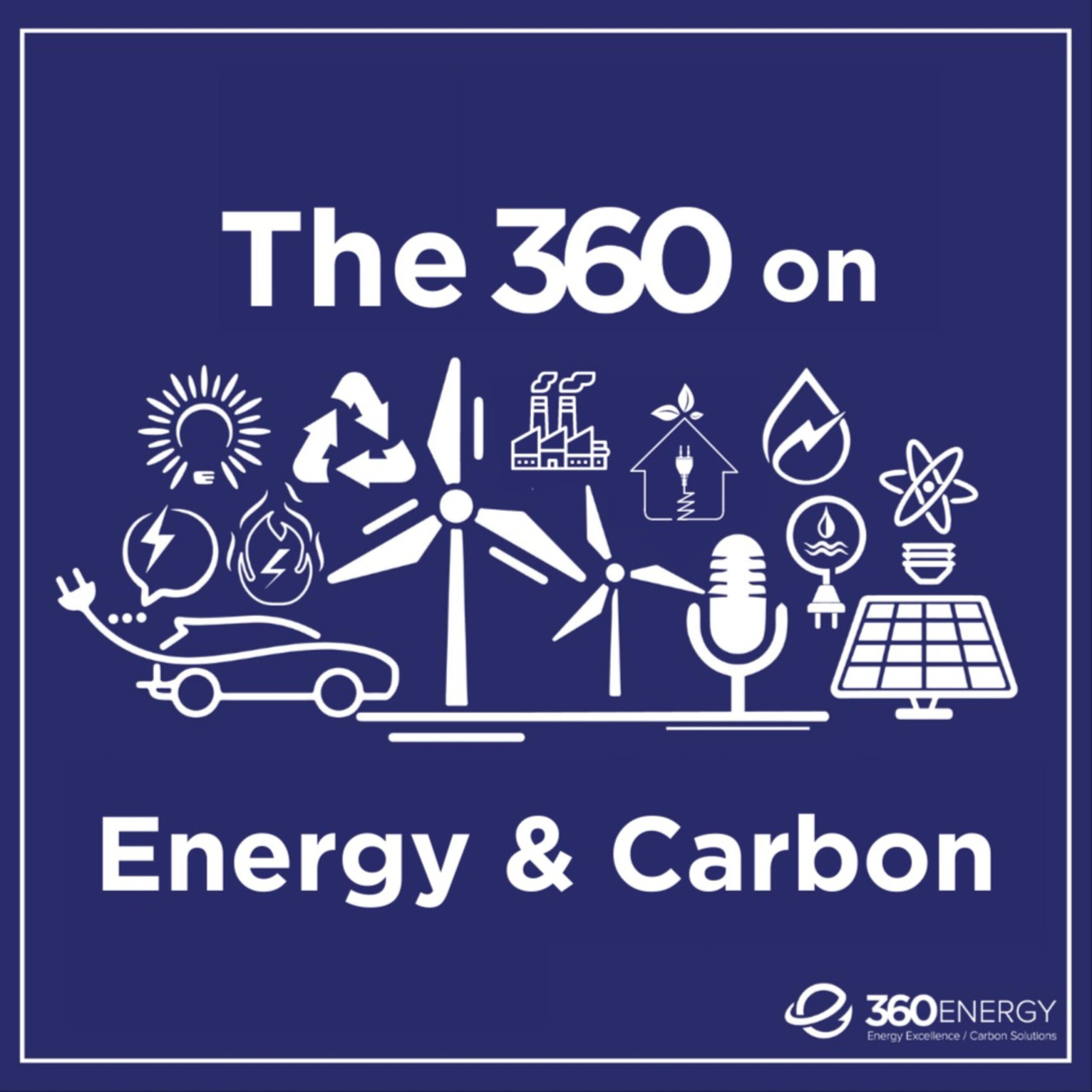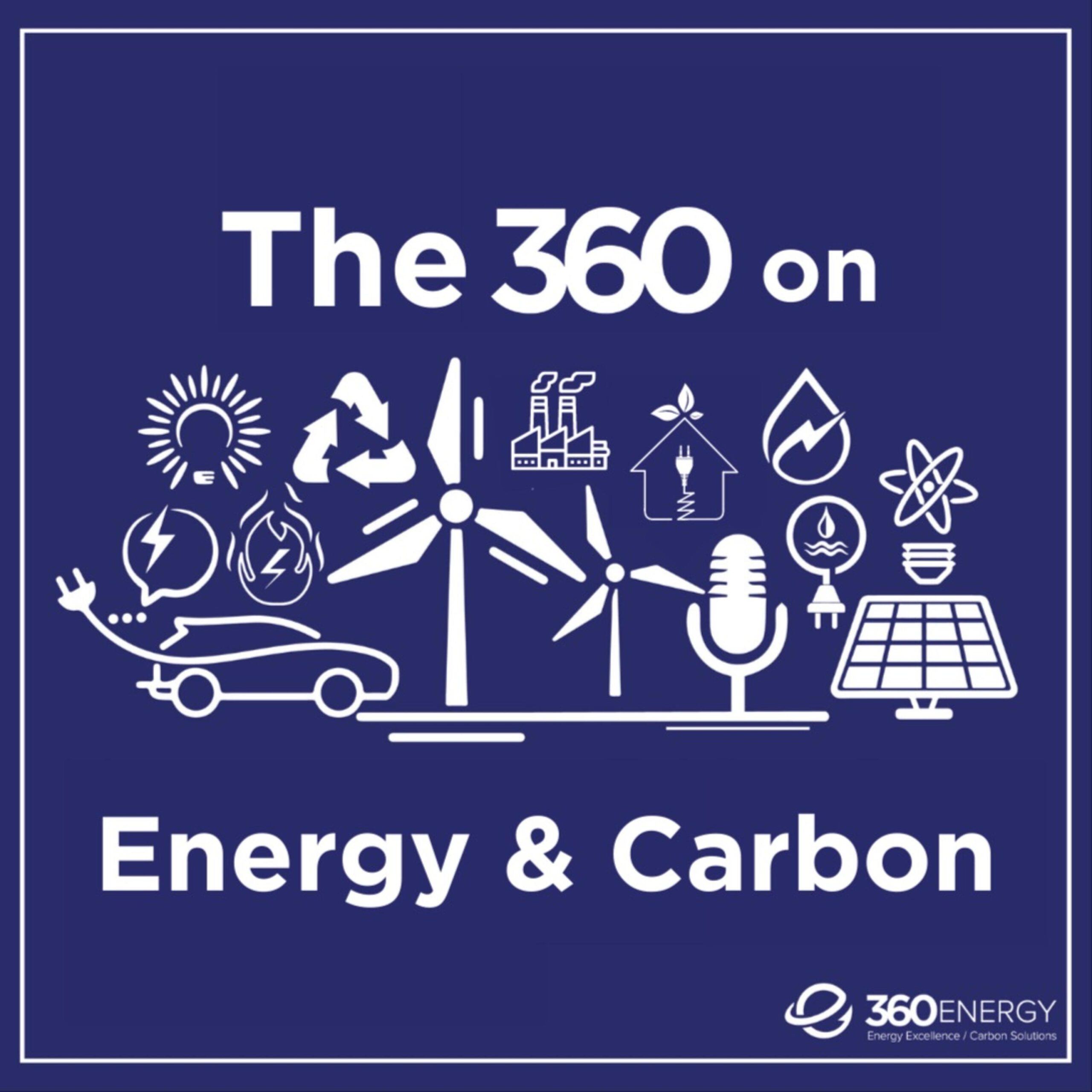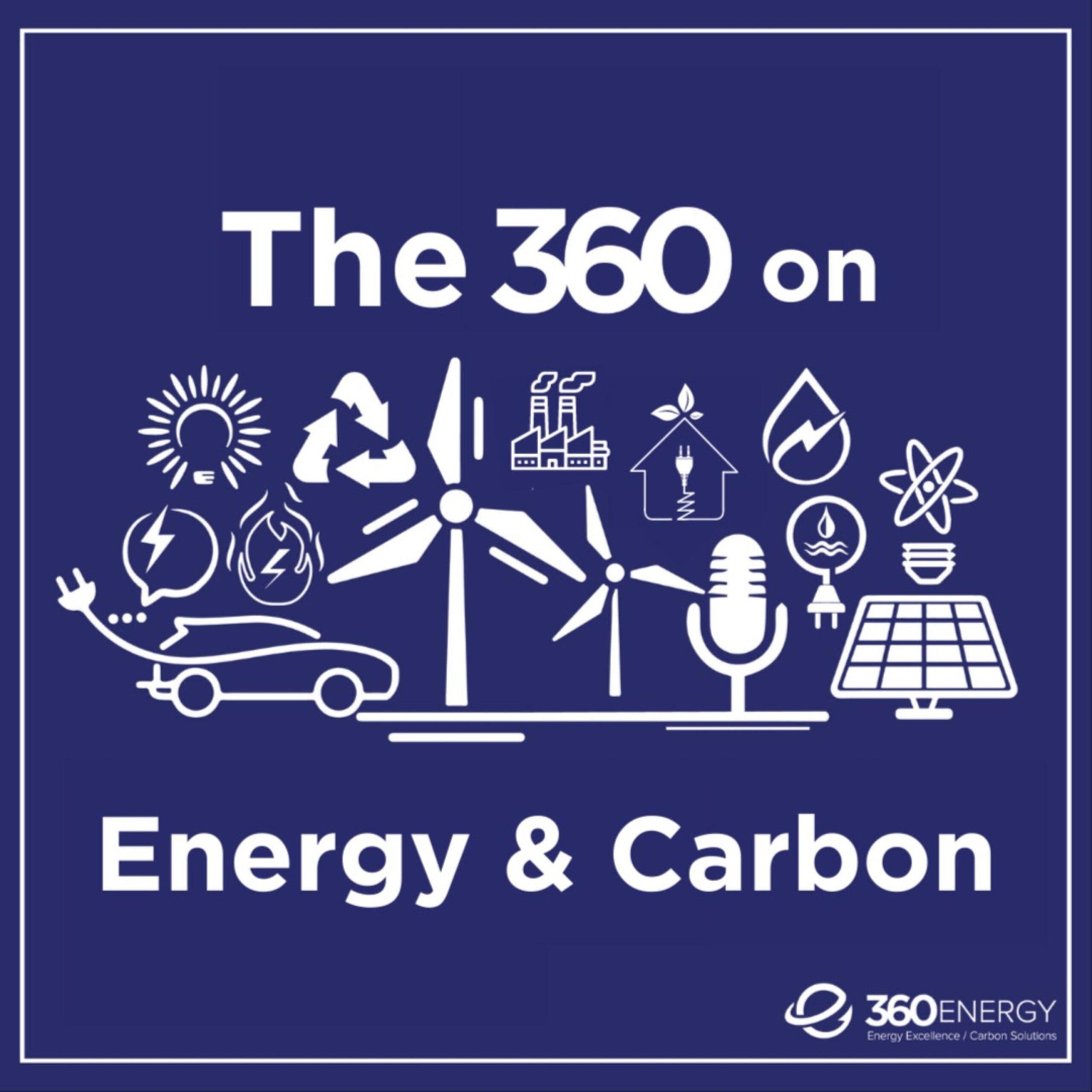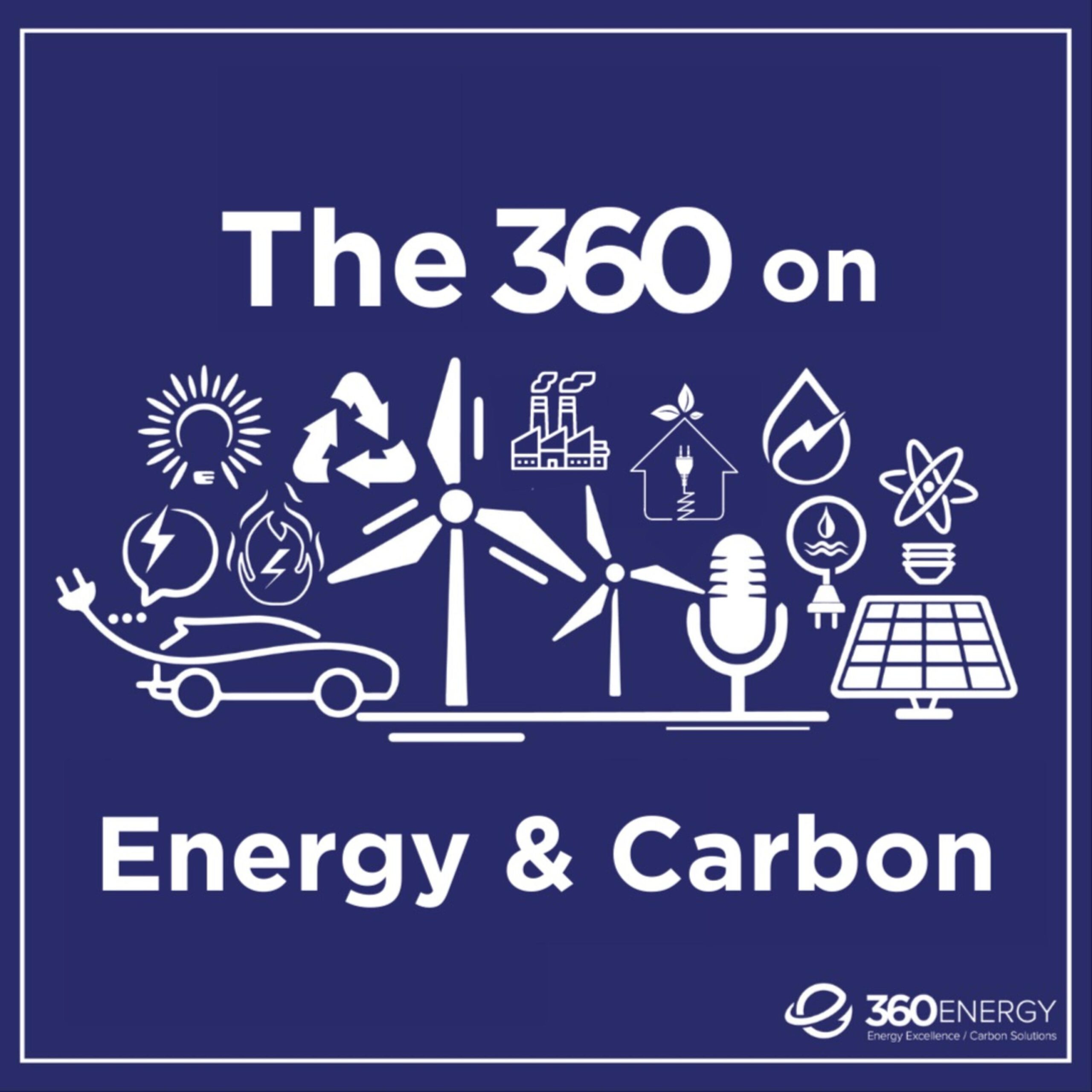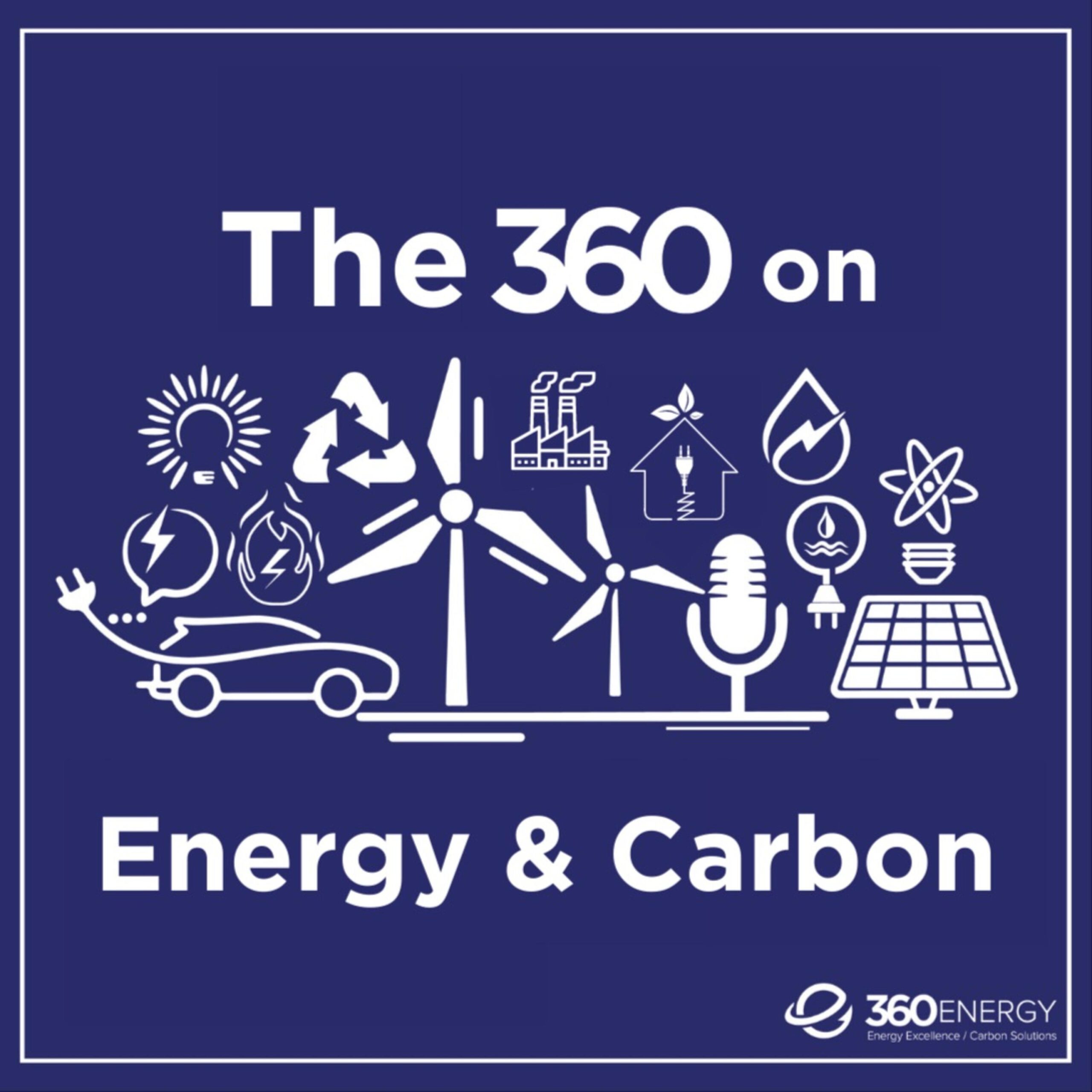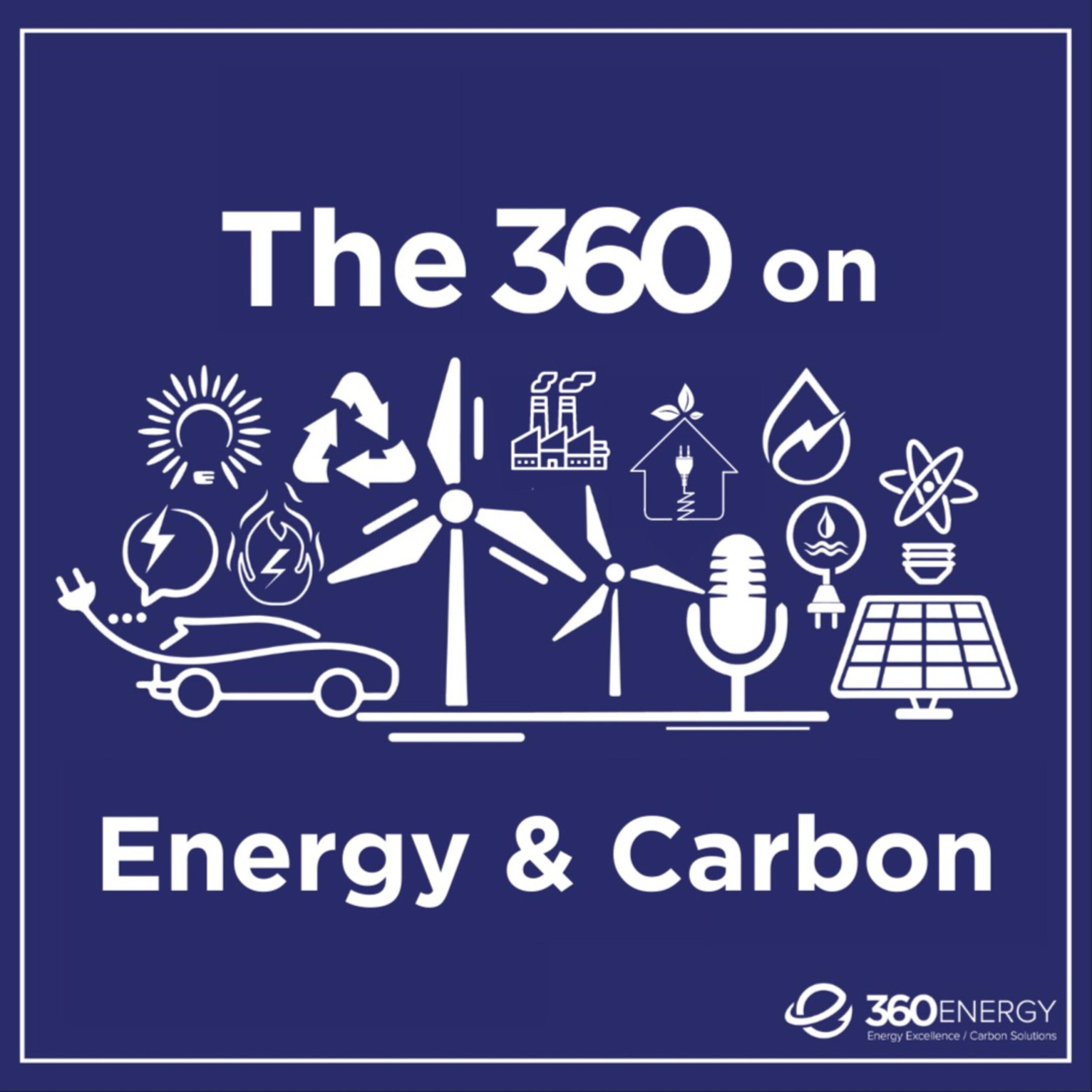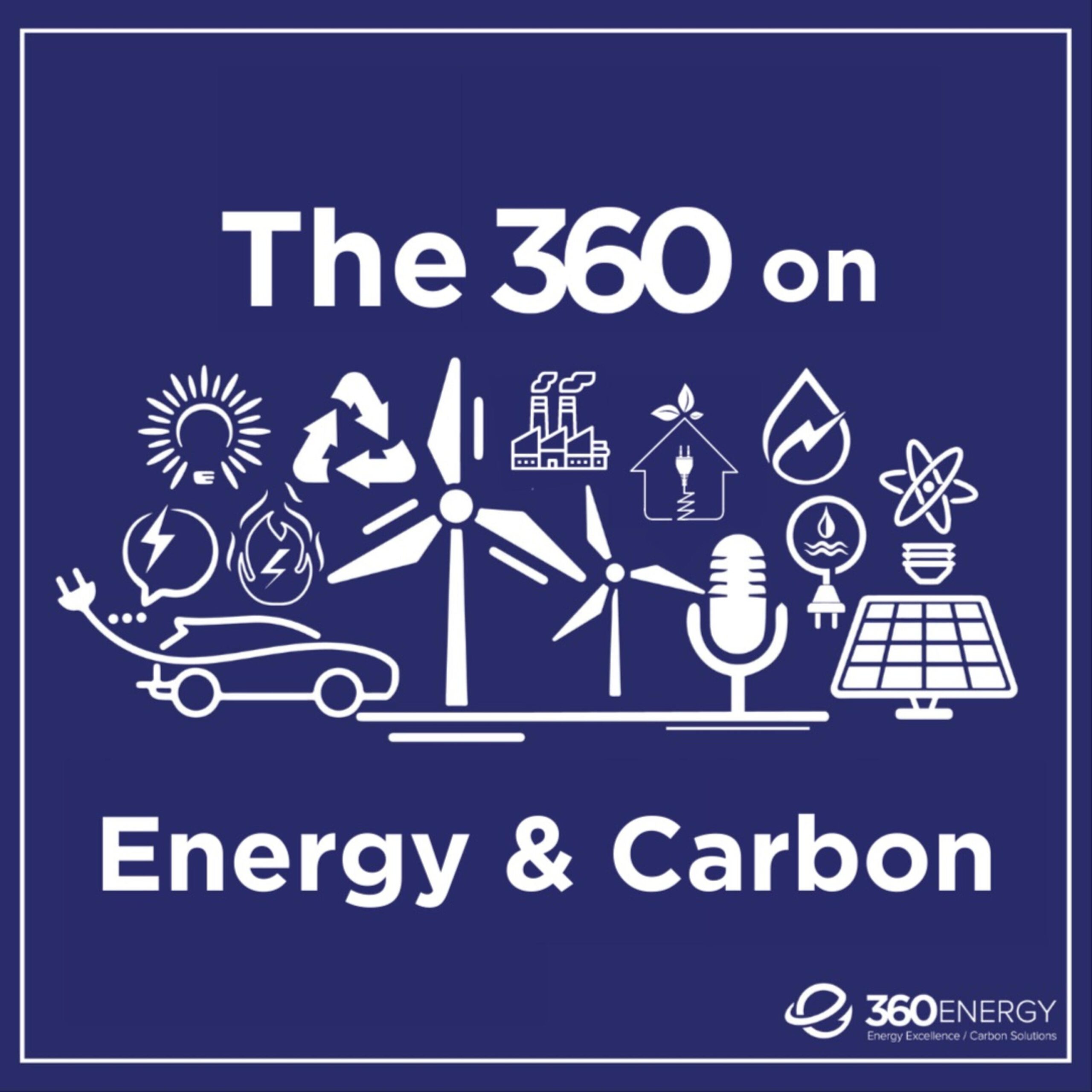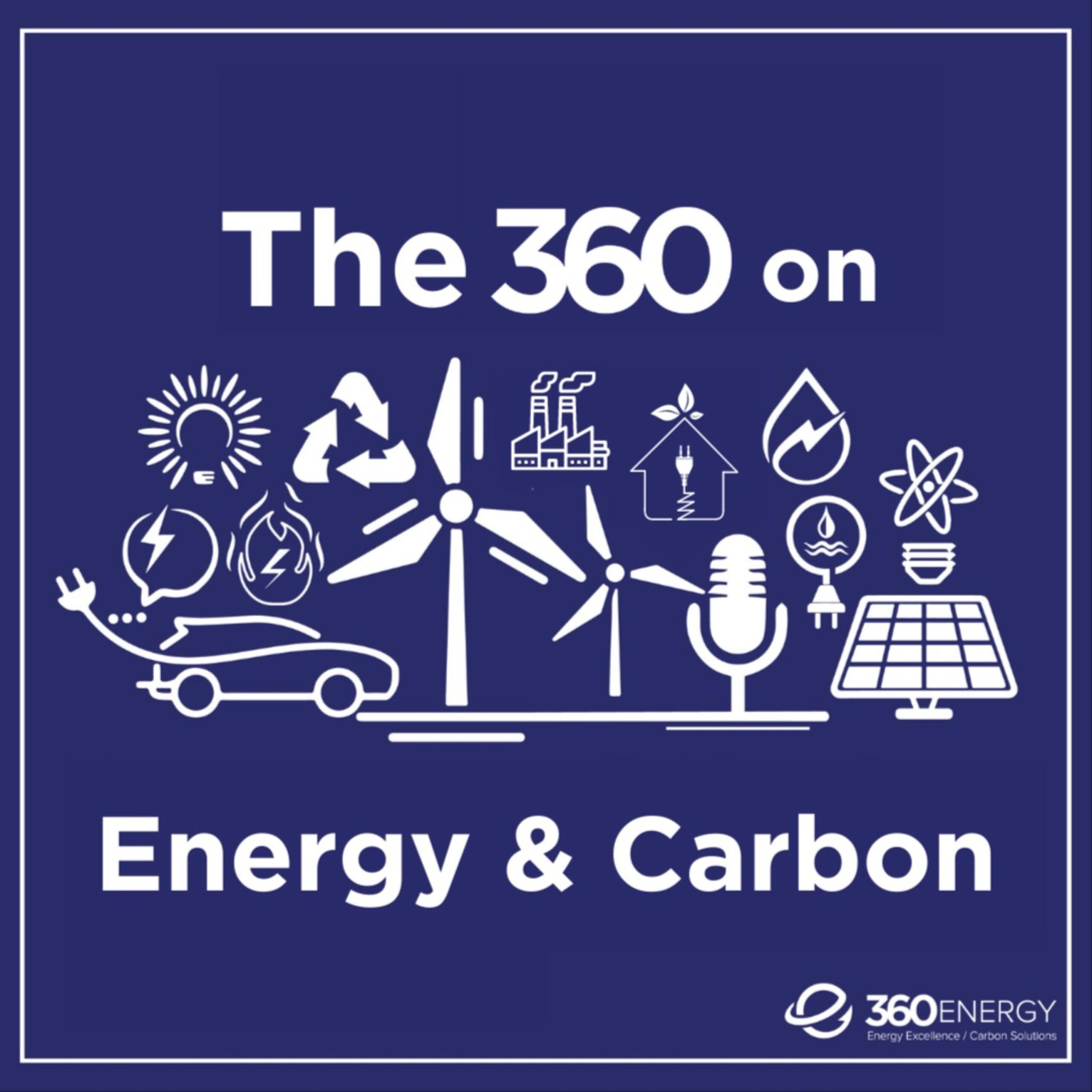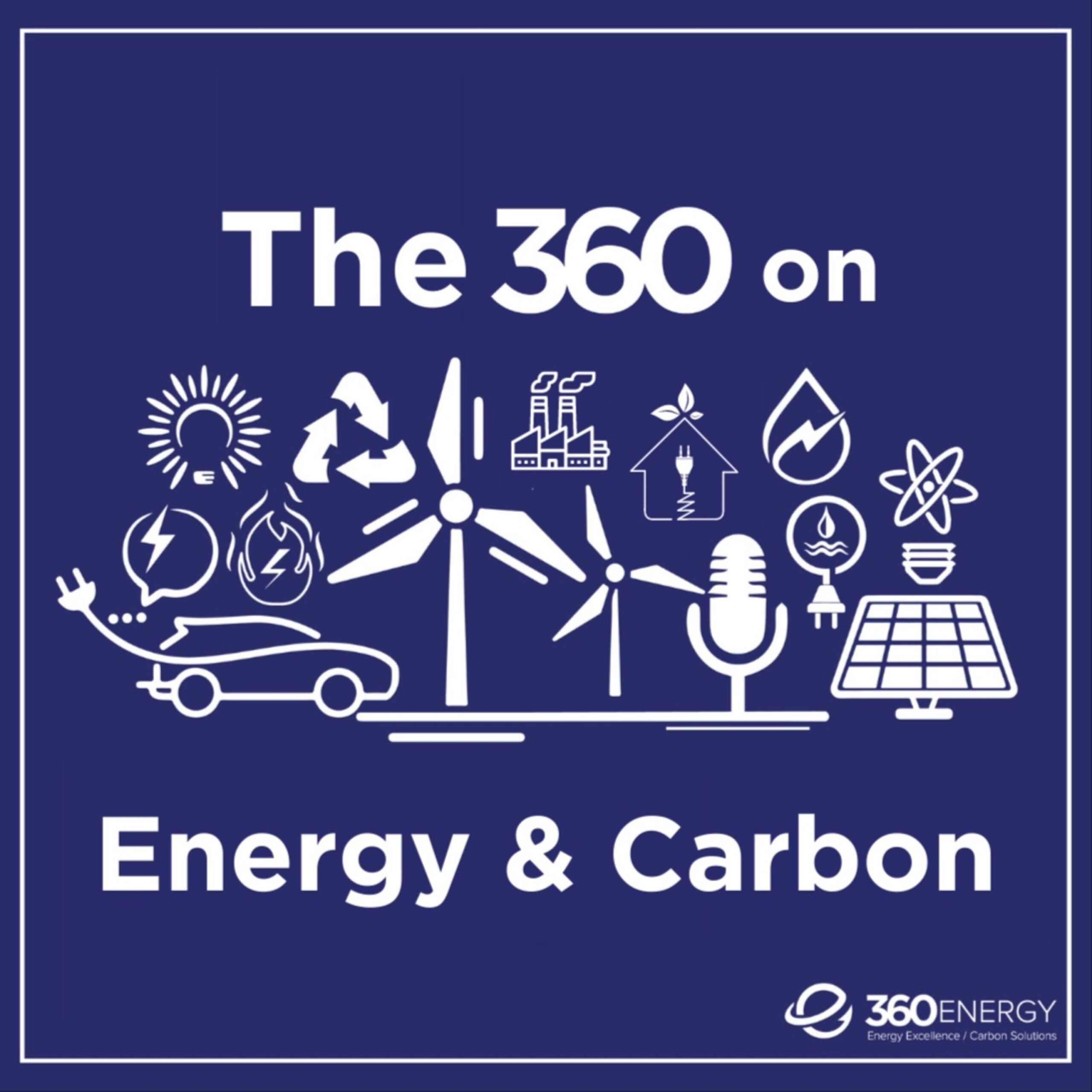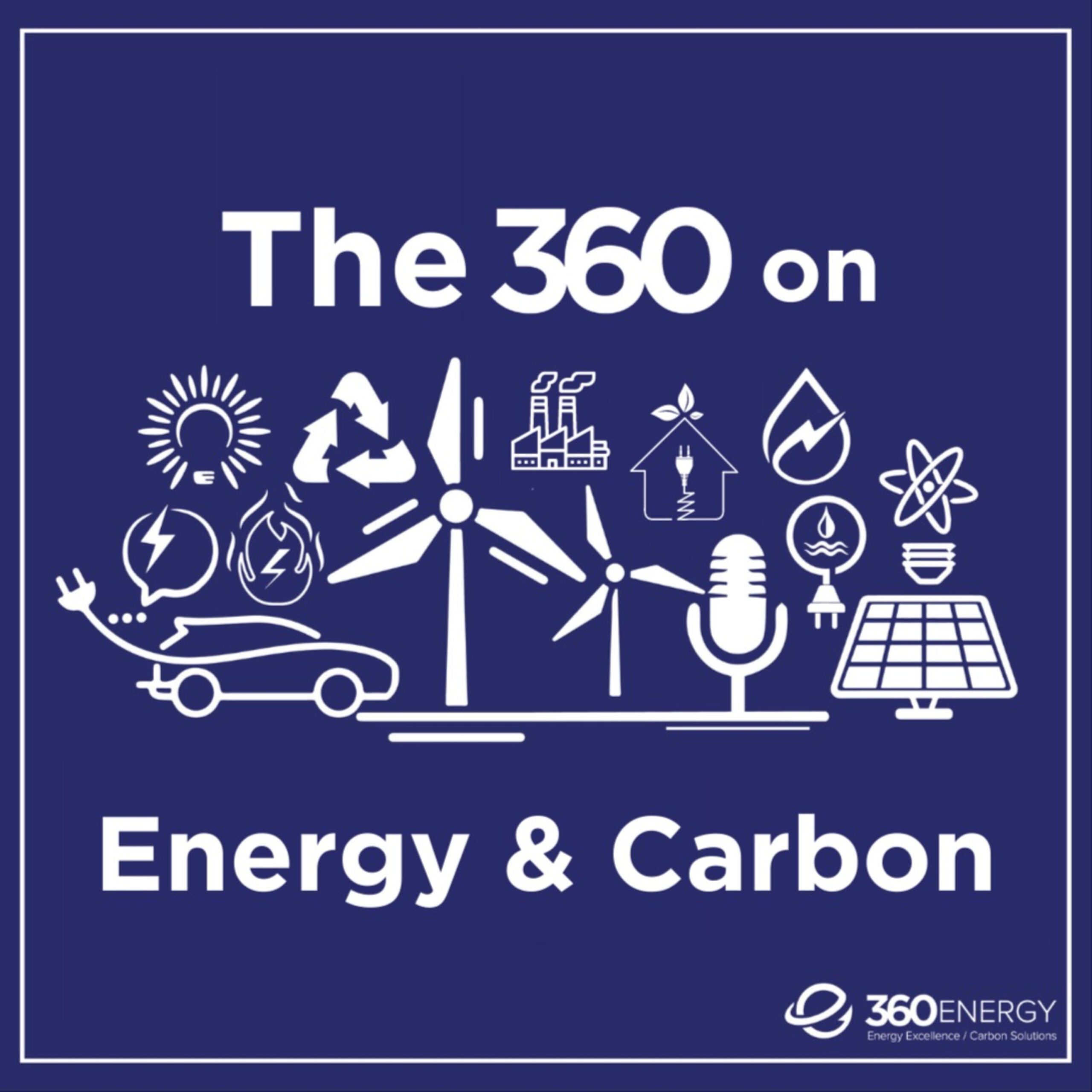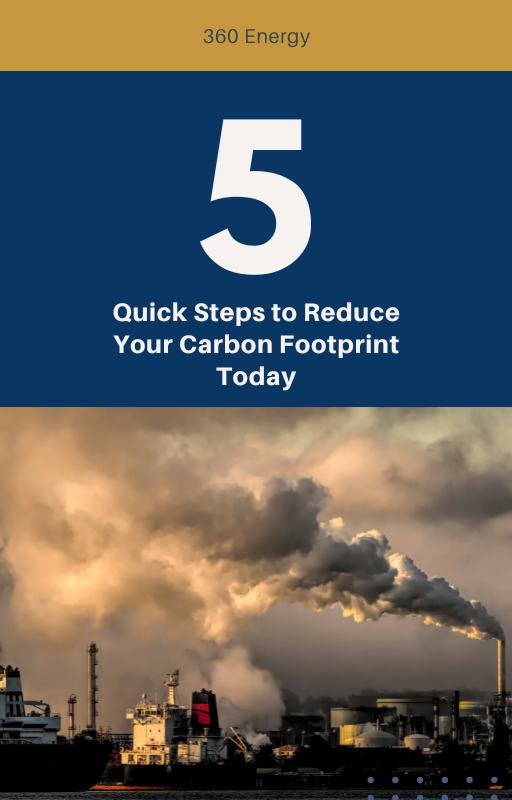
Procurement managers could experience sticker shock when supply contracts are renewed this fall and winter – especially if colder weather is in the forecast. Natural gas prices have risen significantly in the past year.
This is a new circumstance for natural gas users who have enjoyed lower prices and market stability since 2008.
This inflationary trend affects electricity prices as well. Jurisdictions that have replaced coal fired power plants with natural gas are also experiencing higher power costs.
Is this a short-term price increase for natural gas? A market blip that will soon subside? Or do higher prices signal a more fundamental market shift? This 360 Energy Podcast gives insight into these questions.
Cost surprises often capture the attention of corporate boards and audit committees. Executives can proactively provide reassurance by implementing such actions as:
- Escalate the management of energy and carbon into the corporate suite. Make it a strategic priority;
- Use a competitive bidding process for energy supply contracts, if not already doing so;
- Get expert advice on hedging some, or all, of the organization’s energy load;
- Interrogate all utility bill charges;
- Review the business case for energy conservation measures. Higher natural gas and electricity prices considerably improve the return on energy efficiency investments;
- Investigate on-site power generation. Assess the business case for renewable and alternative fuels.
Paying attention to how natural gas is being used prevents unpleasant surprises. Becoming aware of energy use uncovers many ways to mitigate natural gas price increases.
360 Energy provides energy and carbon management coaching to proactive clients across North America. We can help you reduce your organization’s exposure to rising natural gas and electricity prices. Call us at 1-877-431-0332 (Toll-Free)
